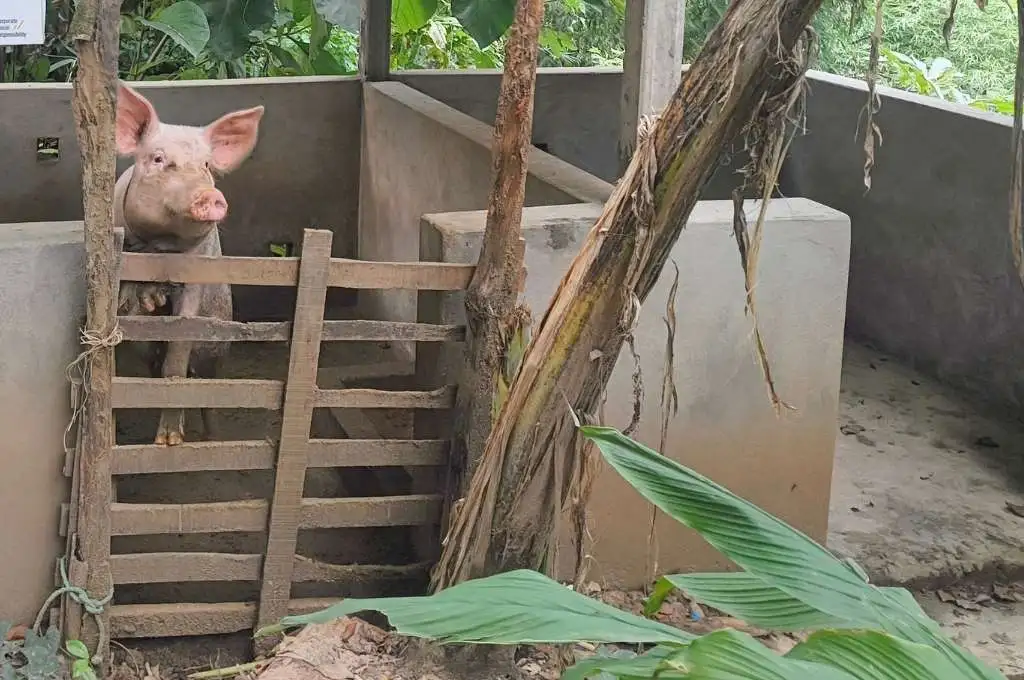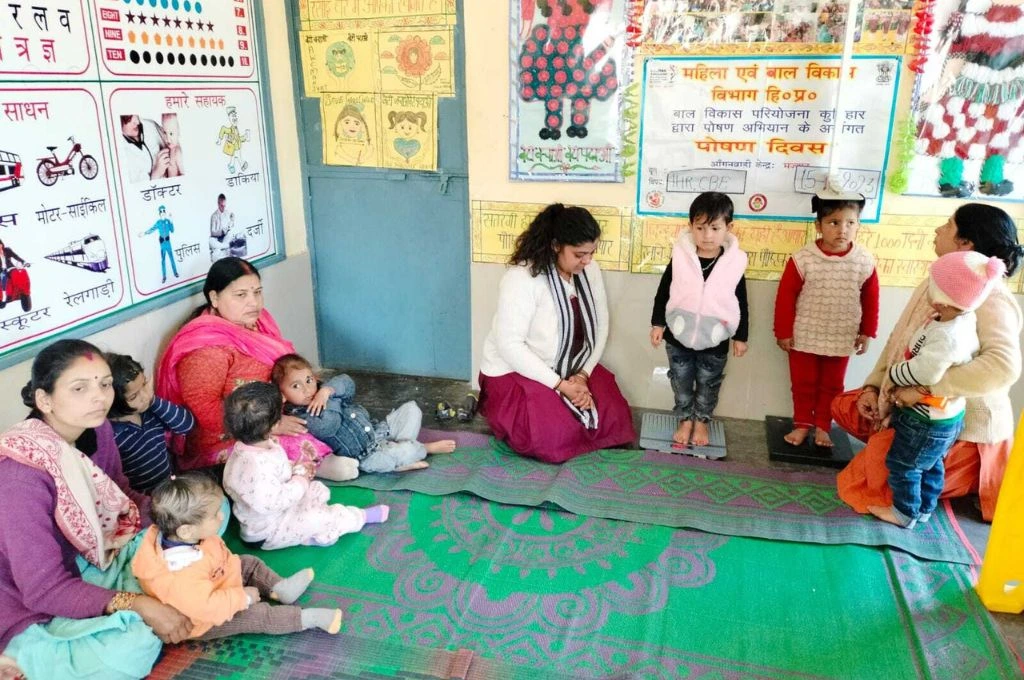READ THIS ARTICLE IN
Bartering for a balanced diet in Gujarat
Dediapada—home to tribes such as Vasava, Bhil, Kotwalia, and Padvi—is one of the poorest tribal blocks in India. This tehsil receives ample but erratic rainfall. The hilly and undulating terrain makes groundwater recharge difficult. In many places, high rates of soil erosion have reduced the level of topsoil.
As a result, Dediapada’s agricultural productivity is lower than that of the three other talukas in Narmada district. Farmers are unable to cultivate for more than one season per year, which affects not only their income but also their nutrition. Grains and vegetables are unaffordable, and according to Urmilaben Vasava, an organic farmer and resident of Bedada village in Dediapada, many families do not have access to enough food.
In September 2022, with help from Aga Khan Rural Support Programme (India) [AKRSP(I)], a nonprofit that works on financial inclusion and livelihoods enhancement in rural areas, a local self-help group (SHG) in Bedada started a grain bank. The grain bank would create a reserve of grains and thereby safeguard poor and marginalised families against starvation during periods of natural calamity or low collective production. The Bedada grain bank provides grains and pulses at subsidised rates to marginalised communities on a priority basis. The families unable to pay upfront can buy grains at half the cost and pay the rest over the next two months.
Once the grain bank became functional, the SHG members encountered a problem. Of the 13 types of grains stored in the bank, only five were preferred by the community: jowar (sorghum), nagli (finger millet), mag (green gram), vatana (pea), and tuver (pigeon pea); these are the most consumed grains in the region. People did not want to pay to try other nutritious pulses. To tackle this issue, a barter system was introduced—low-income families could bring in 1 kg of the pulses and grains they usually consume and exchange it for an equal quantity of something more nutritious.
Gradually, kitchen gardens were also started so that community members could grow vegetables in their homes. Now the situation is such that some women bring lauki (bottle gourd), tomatoes, lady fingers, brinjals, cabbages, etc. to the grain bank to exchange them not only for pulses but also for the vegetables that they don’t grow.
Kristy Saikia is a development professional currently working as a monitoring and evaluation (M&E) specialist.
—
Know more: Read this article to learn how communities in rural Assam bartered food for other necessities during the COVID-19 pandemic.
Do more: Connect with the author at kristysaikia123@gmail.com to learn more about and support her work.



